
Source: American University of Armenia
The United States risks enabling a crackdown on religious freedom and political dissent in Armenia if it continues unconditional support for Prime Minister Nikol Pashinyan’s government, warns a leading legal expert.
As arrests of religious leaders and civic figures escalate in Yerevan, including the recent detention of Archbishop Mikael Adjapayan, questions are mounting over whether American financial and diplomatic aid is shielding Armenia’s leadership from accountability while undermining the democratic values the US seeks to uphold abroad.
To analyze these concerns, Wyoming Star spoke with Siranush Sahakyan, President of the International and Comparative Law Center and a human rights advocate who has defended Armenian POWs at the European Court of Human Rights.
- How does the arrest of Archbishop Adjapayan reflect on the state of religious freedom and democratic governance in Armenia under Pashinyan’s leadership?
This arrest is not an isolated event — it reflects a growing crisis in the relationship between the state and the Armenian Apostolic Church, a cornerstone of Armenian identity. As recognized in Article 18 of Armenia’s Constitution, the Armenian Apostolic Church has an “exclusive mission… in the spiritual life of the Armenian people, in the development of their national culture and preservation of their national identity.”
The Church is not merely a religious institution—it is a symbol of Armenian continuity, culture, and history.
Additionally, Article 17 of the Constitution guarantees the separation of religious institutions from the state. Yet Prime Minister Pashinyan’s public interference—including offensive language toward Church leaders and pressure on the Catholicos to resign—violates both constitutional safeguards and public expectations of integrity and ethics in state leadership.
The European Court of Human Rights addressed similar violations in Supreme Holy Council of the Muslim Community v. Bulgaria, where the Court found a breach of Article 9 due to state interference in the internal leadership of a religious community and its preference for state-aligned figures.
Armenia is now showing similar patterns: a misuse of administrative authority and political rhetoric to undermine an autonomous religious institution for political ends.
- To what extent do you see the U.S. government’s continued support for Pashinyan enabling this crackdown on political and religious opposition?
The U.S. government’s ongoing financial and diplomatic support — without sufficient human rights conditionality — risks enabling democratic regression in Armenia.
Disturbingly, the government increasingly invokes false anti-Russian narratives as a diversion from its domestic violations, attempting to reframe criticism of repression as disloyalty or foreign subversion. This tactic serves to silence scrutiny and shield authoritarian behavior.
A clear example occurred on 17 June 2025, when Samvel Karapetyan, a respected businessman and longtime supporter of the Armenian Apostolic Church, gave an interview after a church ceremony. He expressed concern over the escalating church-state conflict and said:
“If politicians fail, we will participate in all of this in our own way.”
His statement was a call for civic solidarity—not political agitation.
Nevertheless, Prime Minister Pashinyan responded with hostile Facebook posts, stating:
“He says, we will intervene in our own way. Now I will intervene with you in my own way, you scoundrel… Well, intervene, man! Why are you chickening out and hiding?”
Shortly afterward, Karapetyan was arrested and detained. Such threats and reprisals — emanating directly from the head of government — violate freedom of expression and send a chilling message to other citizens: dissent will be punished.
- What impact could these arrests have on Armenia’s democratic institutions and its stability ahead of elections?
These developments severely damage the credibility of Armenia’s democratic institutions. Public trust in government is eroded, and the country’s already fragile social fabric is further weakened. Both religious and secular figures are increasingly discouraged from speaking out, fearing retaliation, marginalization, or prosecution.
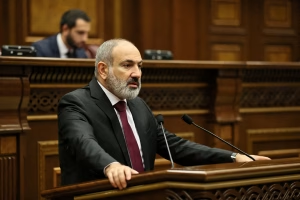
Source: Reuters
Moreover, Armenia currently lacks the conditions necessary for meaningful political processes. With opposition silenced, judicial independence compromised, and civil society under pressure, democratic participation is neither free nor fair. In this context, Armenia does not possess the internal strength or institutional stability to act as a credible or independent player in external relations. Its domestic weakness directly undermines its strategic reliability abroad.
- How should the U.S. Armenian diaspora respond to these developments to advocate for human rights and democracy in Armenia?
The Armenian diaspora in the United States has an essential role in safeguarding democratic values. It should:
Publicly condemn the targeting of religious leaders and civic actors.
Insist that U.S. assistance to Armenia be tied to clear benchmarks on rule of law, human rights, and institutional independence.
The diaspora must make clear that undermining civil and political rights cannot be excused or overlooked, even under the banner of geopolitical alignment.
What’s at Stake for US Policy?
With elections on the horizon in Armenia, the U.S. faces a critical choice: whether to condition its assistance on clear human rights benchmarks or risk enabling further erosion of democratic institutions in a country that has long presented itself as a partner to the West.
For the Armenian-American community, advocacy for religious freedom and democratic accountability remains a powerful tool to ensure that Washington’s support aligns with American values abroad.
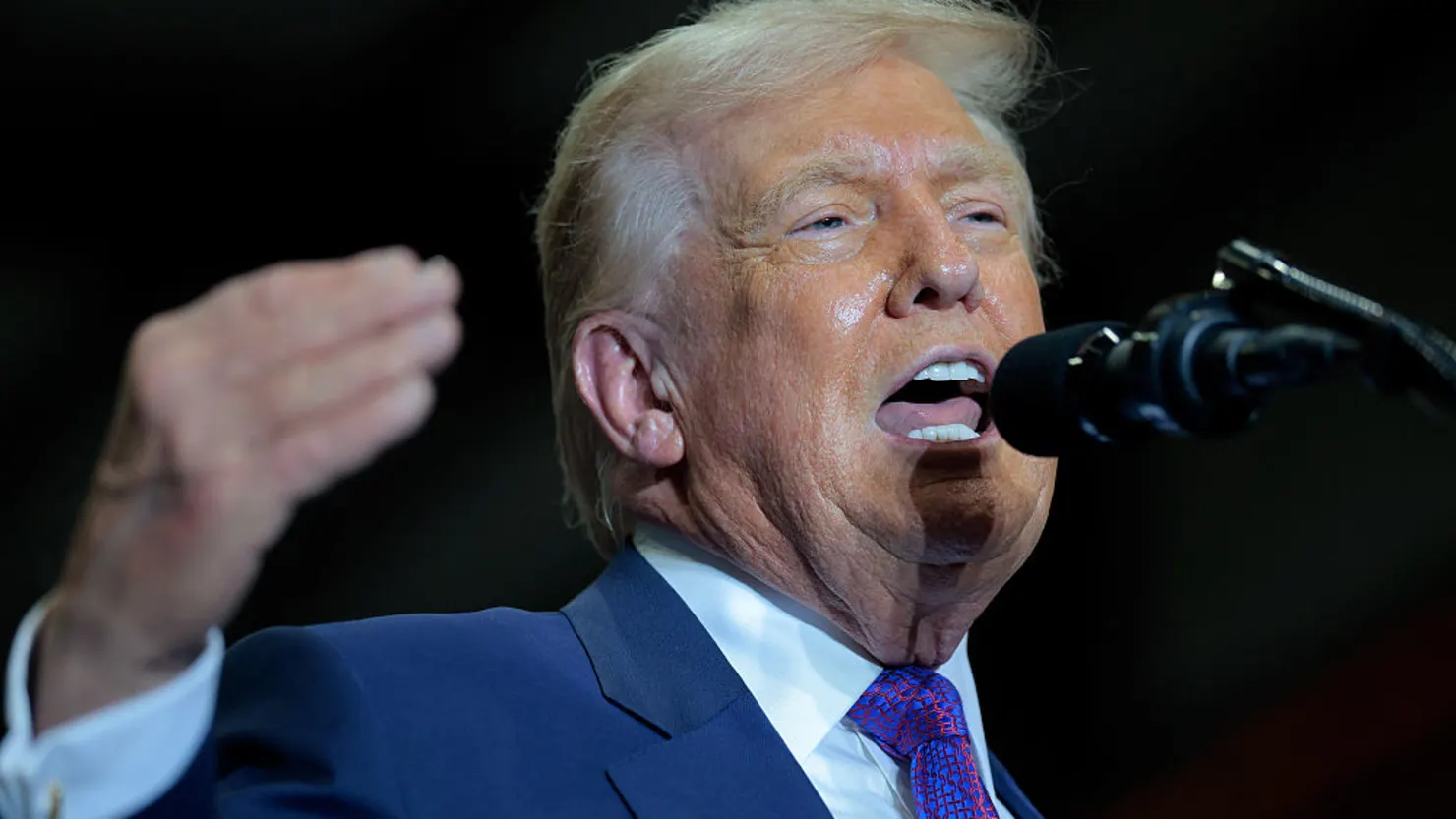
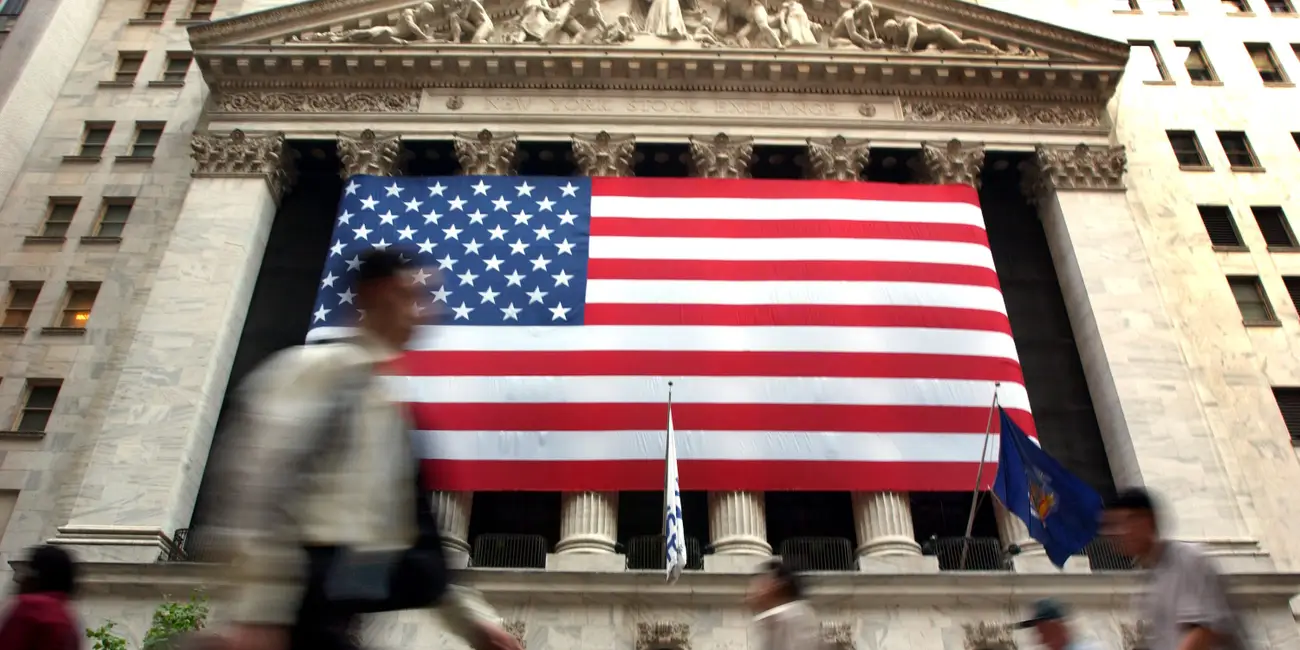
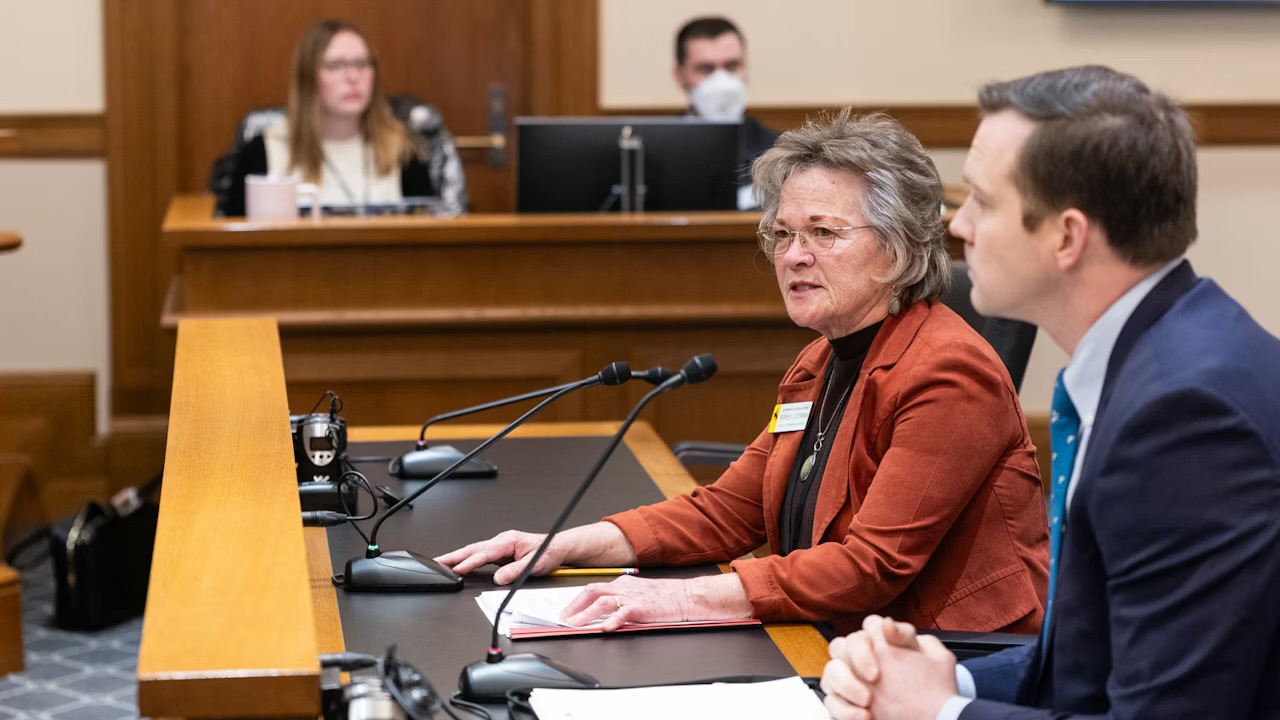

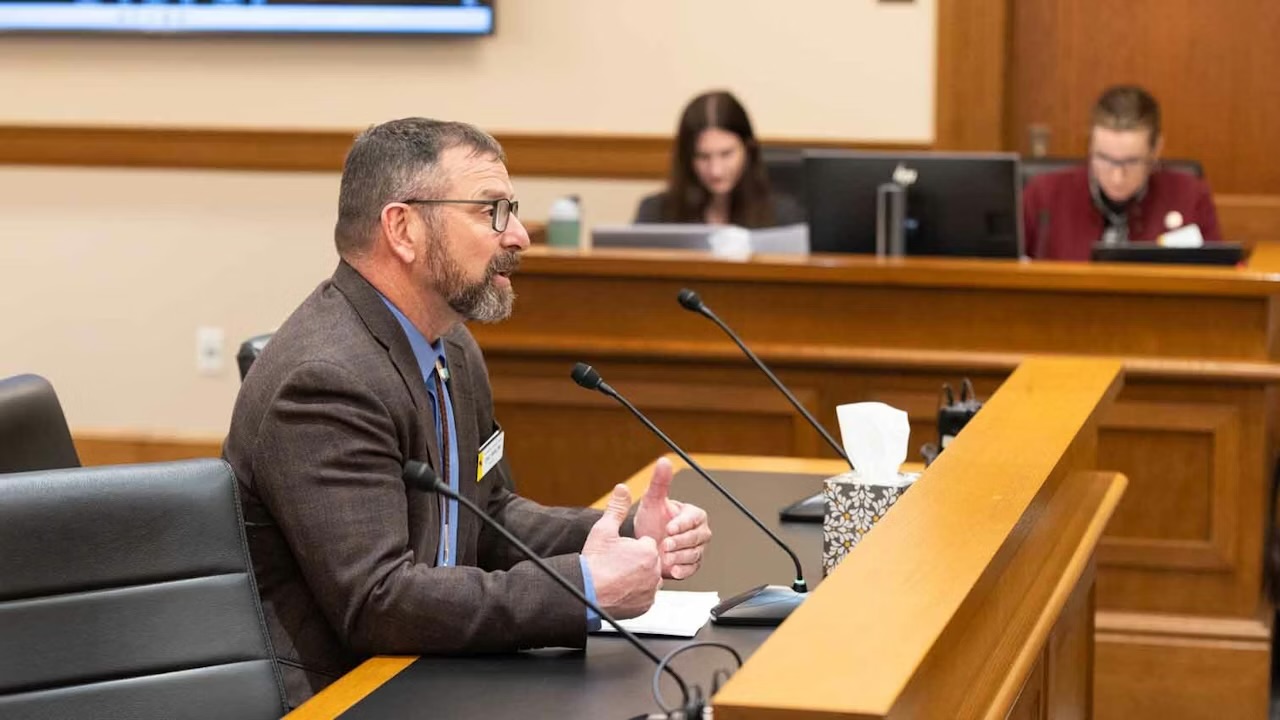





The latest news in your social feeds
Subscribe to our social media platforms to stay tuned